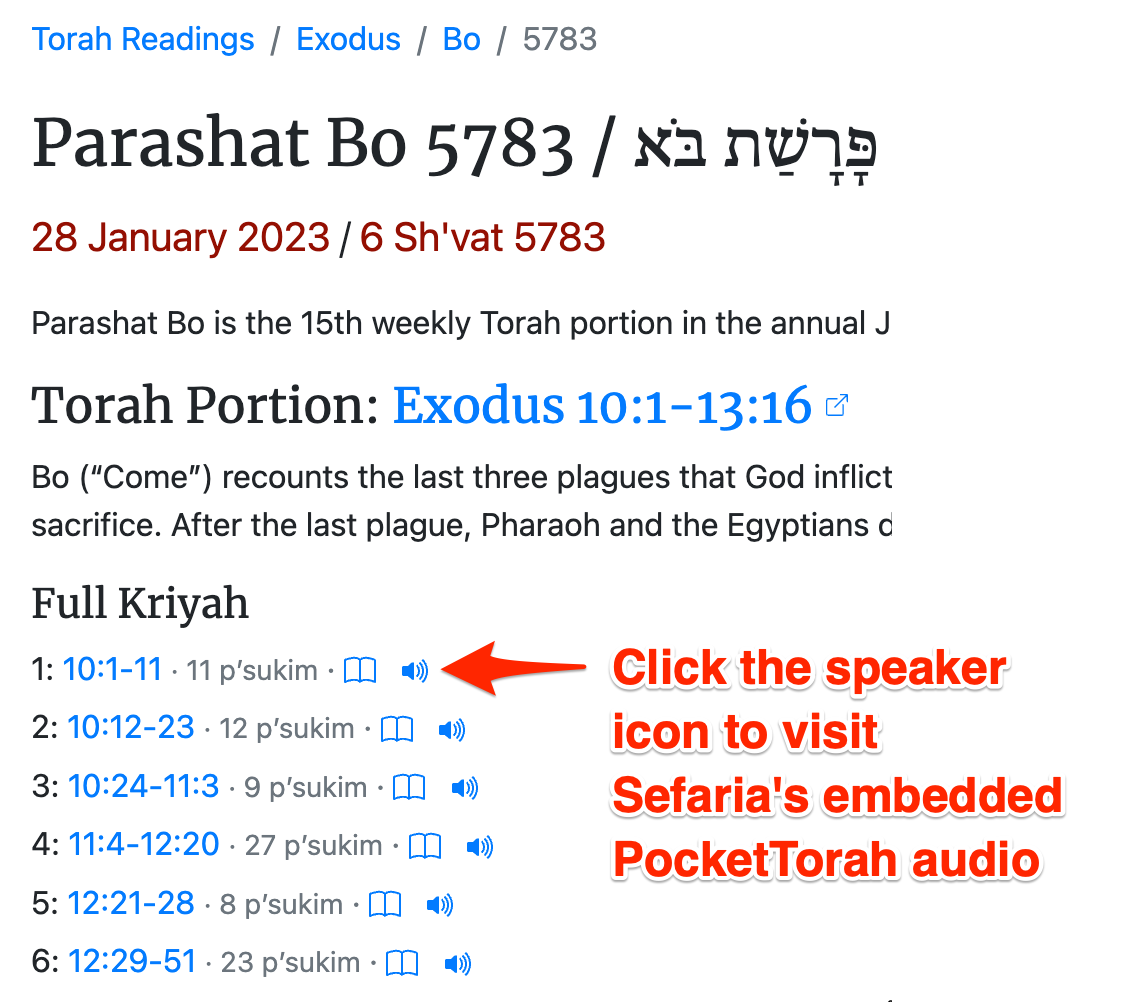
 help | How do I perform an api of the times of the day for the city of Beit Shemesh?
help | How do I perform an api of the times of the day for the city of Beit Shemesh?
Hello everyone, thank you so much for all you do!
I need a little help, I want to extract data from the api of the times of the day for the city of Beit Shemesh. Can someone help me? I didn't quite understand how to do it...

Hi, thanks for contacting Hebcal!
To get times of the day for Beit Shemesh, you're going to want to use our Zmanim API. When specifying the location, you're going to use the geonameid parameter and the value 295432, which is the numerical ID for Beit Shemesh.
And example URL might be
https://www.hebcal.com/zmanim?cfg=json&geonameid=295432&start=2023-01-30&end=2023-02-12
Good luck! Feel free to post additional questions if you have more.

 function to export shabbos times for multiple cities ?
function to export shabbos times for multiple cities ?
hi there .. i love ur site and the product and its so useful thx for ur efforts that benefit so many .... i wonder if the function exists to export a calendar that has shabbos times for multiple cities? thx so much.

The ORT Navigating the Bible website has been offline for 6+ months. Hebcal removed links to their website in August 2022 after it stopped working.
You might consider trying an alternative, such as PocketTorah (free) or TropeTrainer (not free, but very high quality). Hebcal is not affiliated with World ORT or with TropeTrainer or PocketTorah.
If you visit the Hebcal parsha pages from a larger display (laptop or tablet), you can click the speaker icon to visit Sefaria's embedded PocketTorah audio. This does not work on a mobile phone because it relies on the Sefaria website. The Sefaria mobile app does not support the PocketTorah audio. See below for a screenshot.


This bug has been fixed. Purim is now re-classified as a major holiday. Our apologies for the inconvenience, and thanks so much for bringing this to our attention.
If you subscribed to a calendar feed on Google, Apple, Outlook, or another calendar app that uses our perpetual calendar feeds, it may take up to 7 days for your calendar to refresh.
If you downloaded a copy of the calendar with only Major holidays checked, you will have to re-download to include Purim.

 Link parasha and holidays to my website
Link parasha and holidays to my website
Hello,
I integrated Hebcal a website, thank you so much for this great tool which is unique and so useful!!! You are so clever.
I wonder if I can make the sedrot and holidays link to a custom url on my website, rather than the hebcal link. Or if this not possible, at least disable the existing link?
Thanks

 Hebcal converter for year 3760 shows Gregorian year 0! It should be 1 BC since there is no year 0.
Hebcal converter for year 3760 shows Gregorian year 0! It should be 1 BC since there is no year 0.
Can you please fix the calculator? It converts Hebrew year 3760 to Gregorian year 0 instead of -1, or 1 BC.

We have made the change to the website.
Please note that results for year 1752 C.E. and earlier may be inaccurate.
Hebcal does not take into account a correction of ten days that was introduced by Pope Gregory XIII known as the Gregorian Reformation. [1]

 today's hebrew date on website without nekudos
today's hebrew date on website without nekudos
How can I display today's hebrew date on my website, without nekudos?
I'm currently using this script: <script src="https://www.hebcal.com/etc/hdate-he.js"></script>
However, it displays with nekudos.
Any Ideas?

We've added a new script without nikkud
<script src="https://www.hebcal.com/etc/hdate-he-v2.js"></script>
Customer support service by UserEcho




